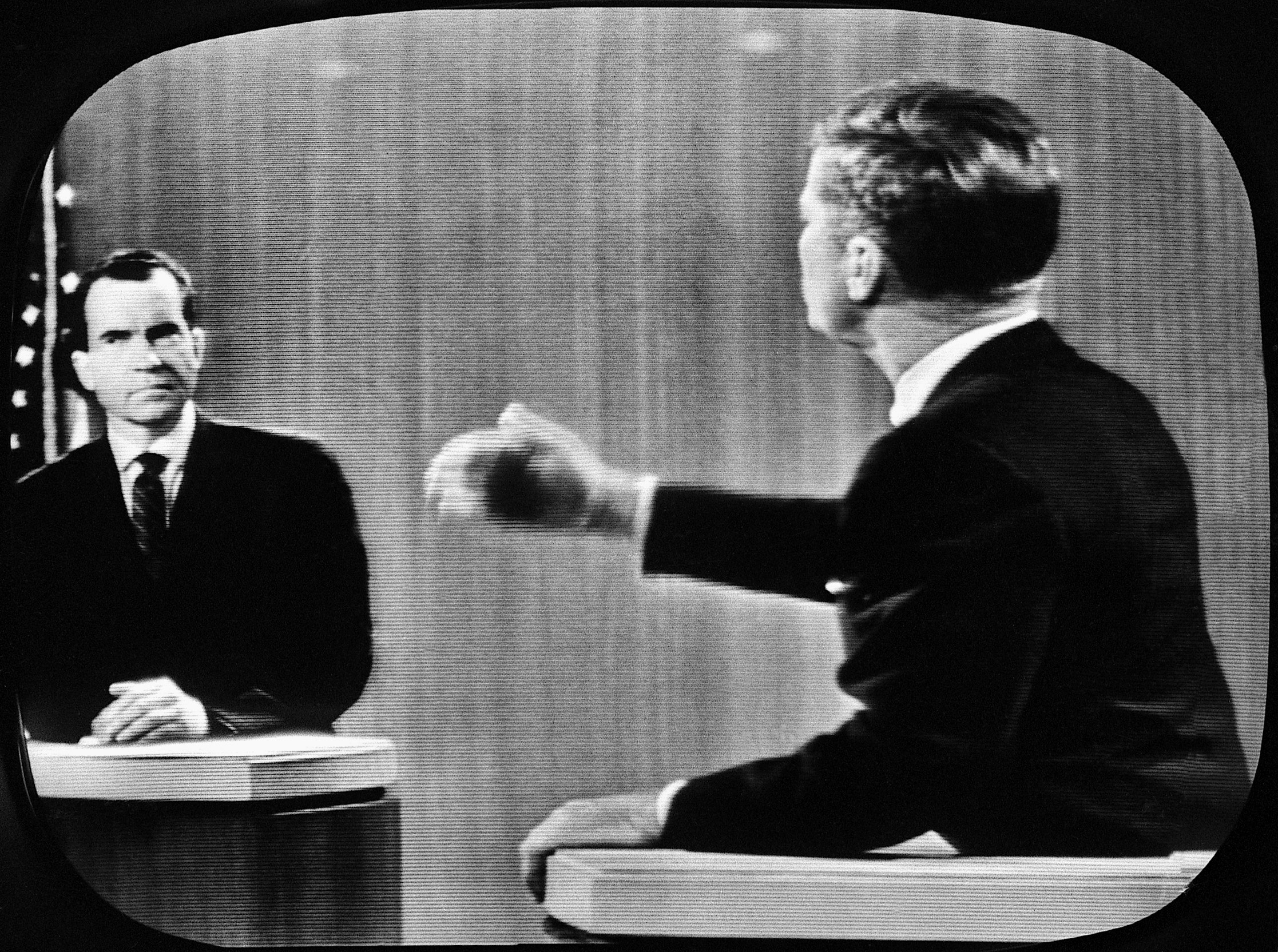American political and broadcast history witnessed a significant event on September 26, 1960. This date marked the first-ever televised presidential debate between Vice President Richard Nixon, a Republican from California, and Senator John F. Kennedy, a Democrat from Massachusetts. The debate took place in Chicago and was broadcast on CBS, reaching a national audience. This debate, along with three more televised debates later that year, changed the landscape of presidential campaigns by bringing them into the living rooms of American citizens, thanks to the power of television.
The National Constitution Center highlights the impact of these events, stating that they shifted how presidential campaigns were conducted. On September 26, 1960, the debate was viewed live by 70 million Americans, turning politics into an electronic spectator sport. This historic moment provided many potential voters with their first chance to witness presidential candidates in a live environment, truly seeing them as potential leaders.
The debate featured two political titans facing off against each other. The image of Vice President Richard M. Nixon and Senator John F. Kennedy on television screens is still iconic today. It is worth noting that Nixon, prior to the Watergate scandal that toppled his presidency and reputation in 1974, was one of the most popular politicians in U.S. history. He was part of Dwight Eisenhower’s successful campaigns in 1952 and 1956, winning an impressive 80 out of 96 possible states. Nixon also achieved landslide victories as the presidential candidate in 1968 and 1972, winning 81 out of 100 states.
On the other hand, John F. Kennedy, a World War II hero and the charismatic leader of the Kennedy political dynasty, proved to be Nixon’s most formidable opponent. In the 1960 presidential election, Kennedy handed Nixon his only major national election defeat. The election results were shockingly close, with Kennedy capturing 49.7% of the popular vote compared to Nixon’s 49.6%. However, Kennedy secured victory by winning the all-important electoral vote, with 303-219 in his favor, despite Nixon carrying more states (26 out of 48). Many political pundits believe that television played a crucial role in Kennedy’s win, as his vibrant and confident presence on screen resonated with viewers.
It is interesting to note that the impact of television on presidential campaigns was so significant that there were no televised debates between candidates in 1964, 1968, and 1972. President Lyndon B. Johnson refused to debate in 1964 and still won the election against GOP nominee Barry Goldwater. Similarly, Nixon declined to debate in the 1968 and 1972 elections. The debates did not resume until 1976 when President Gerald Ford agreed to debate Georgia Governor Jimmy Carter.
In conclusion, the first televised presidential debate on September 26, 1960, marked a turning point in American politics. It showcased the power of television in shaping presidential campaigns, allowing candidates to connect with voters in their own living rooms. Both Nixon and Kennedy were formidable opponents, but Kennedy’s TV presence gave him an edge that ultimately contributed to his narrow victory. This historic event paved the way for future televised debates and forever changed the way presidential campaigns are conducted in the United States.
To read more lifestyle articles, please visit www.foxnews.com/lifestyle.
Denial of responsibility! Vigour Times is an automatic aggregator of Global media. In each content, the hyperlink to the primary source is specified. All trademarks belong to their rightful owners, and all materials to their authors. For any complaint, please reach us at – [email protected]. We will take necessary action within 24 hours.


